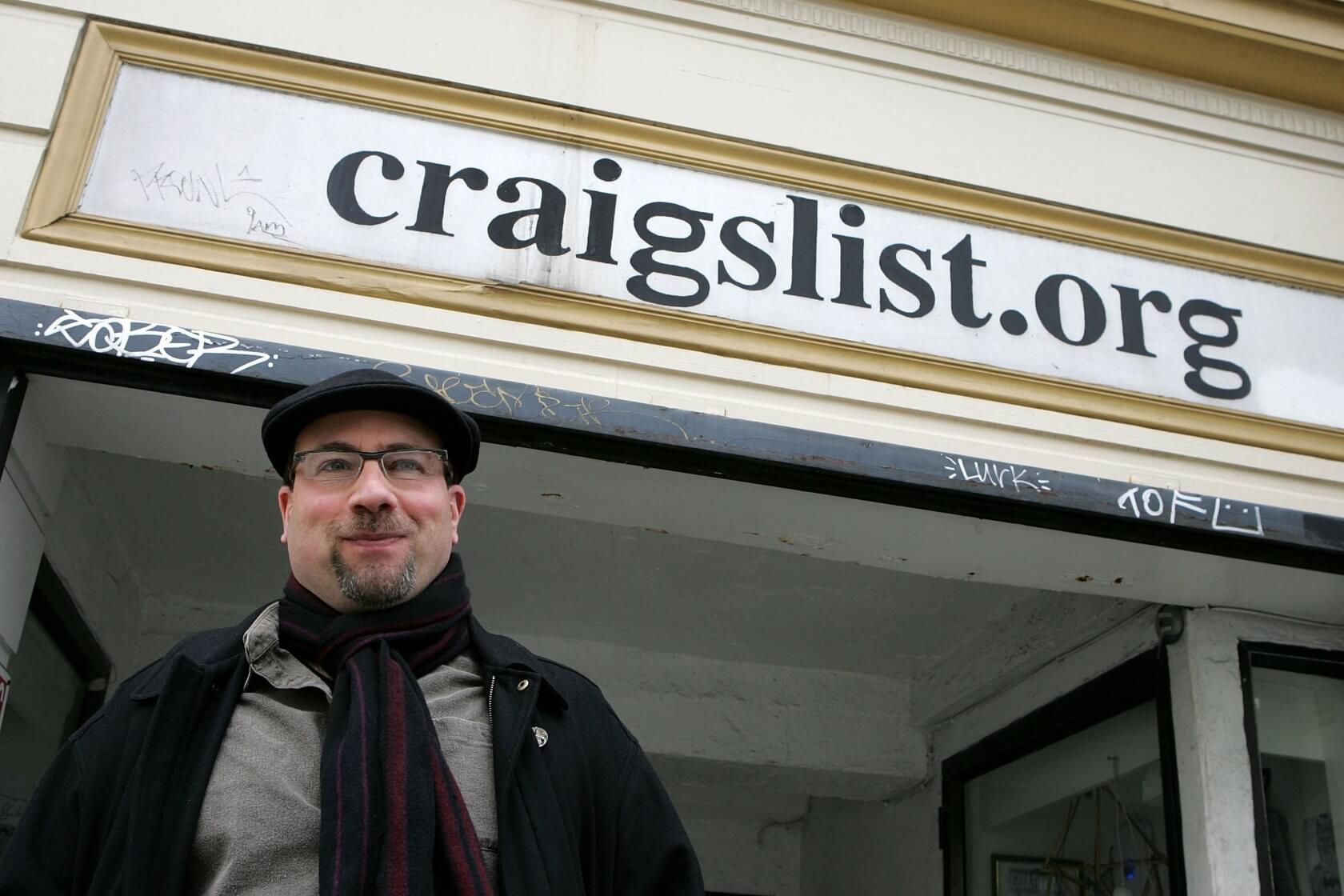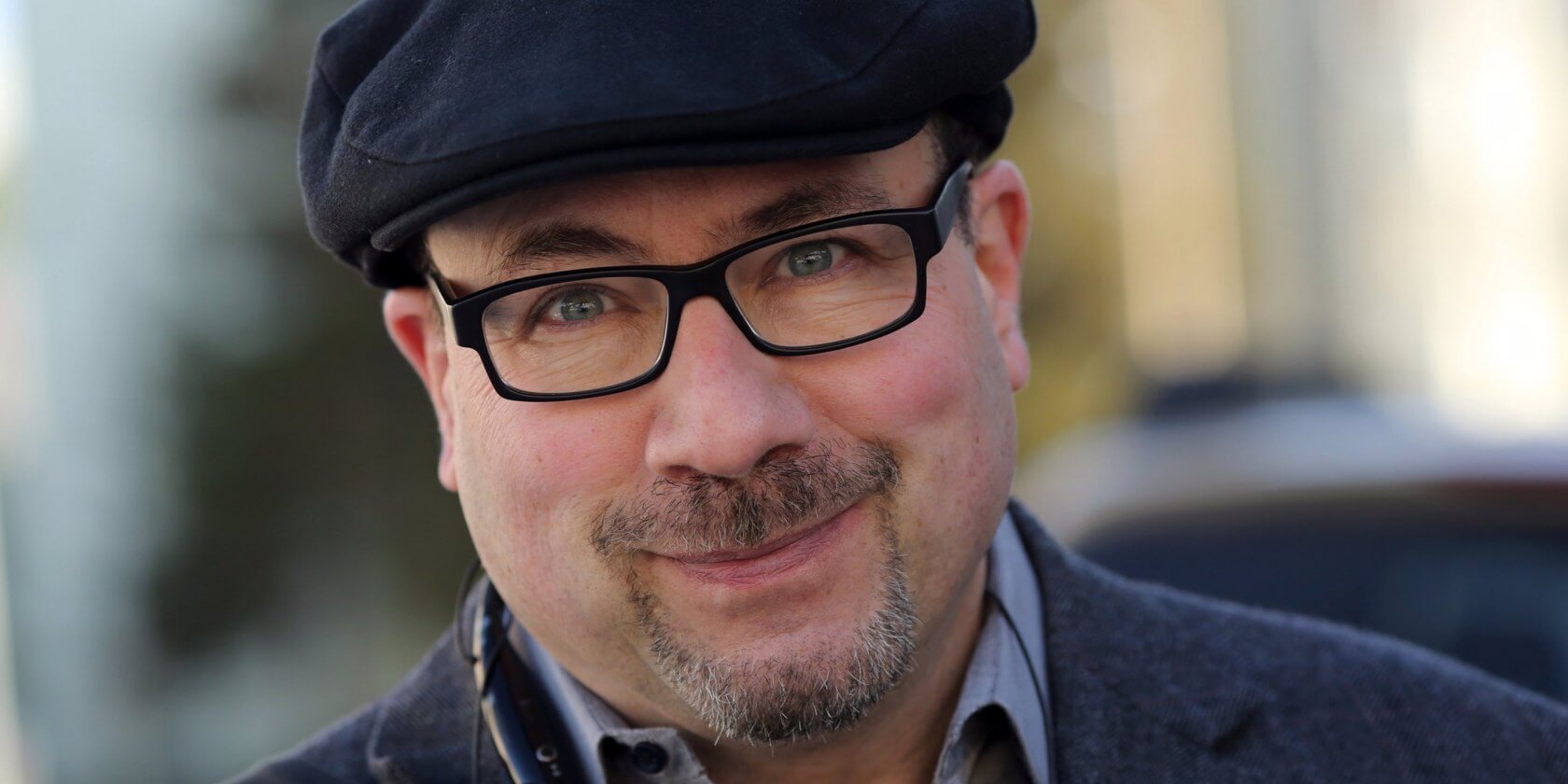Big quote: "...I'm guessing that the purpose of many Twitter wars is to polarise people and, in fact, we've seen that happen because you can often trace some of the fighting groups to the same location. Most of the outrage I've seen in the online world - I would guess 80% - someone's faking it for profit."
Internet classified website Craigslist hasn't changed much over the years, and neither has its founder, Craig Newmark. He is still the same nerdy bird-lover (to use his own terms) he always was.
However, the same cannot be said for the digital landscape surrounding Craigslist, which has shifted quite a bit. In a new interview with The Guardian, Newmark gave his opinions on these changes and the current state of social media, the web, and other topics.
You can read his remarks in full right here, but one of the more interesting statements Craig offered during his interview was about the "outrage culture" (as it is often described) we see throughout the modern-day web:
Americans are much more reasonable and moderate than what you might guess when you see a little Twitter war. But I'm guessing that the purpose of many Twitter wars is to polarise people and, in fact, we've seen that happen because you can often trace some of the fighting groups to the same location. Most of the outrage I've seen in the online world - I would guess 80% - someone's faking it for profit.
That's a pretty bold statement and will likely generate some controversy, but Newmark is confident in his beliefs. "When you're looking at tens or hundreds of ads in a day you get a better grasp of what people are really like than the more dramatic flare-ups," he explained to The Guardian. "So that's the basis for my optimism."
Newmark certainly has a point. With the rise of social media, opinions and "hot takes" have become quite common. They're easy and fast to publish, and they don't necessarily require much (if any) prior thought or research before they can go live in front of millions of potential users.
With how fast information spreads in the modern age, it isn't unreasonable for him to believe that some shadier individuals may use these trends to their advantage. So, what's the solution to this problem, if it does indeed exist?

Newmark doesn't lay out any specific ideas – at least, none that were published in The Guardian's article – but he does emphasize the importance of goodwill and "[getting] together and [working] together for the common good" against the "bad actors" who happen to have particularly loud voices at this point in time.
For Newmark, that means continuing to donate to and support professional journalistic outlets like Consumer Reports, in the hopes that they will use the funding and their existing expertise to tackle the issue of social media misinformation head-on in the future via accurate, quality reporting.
Newmark's thoughts aside, we're curious to hear what you think. Do you agree with him that most modern outrage is manufactured, or do you feel it is more organic in nature? Let us know in the comments.
